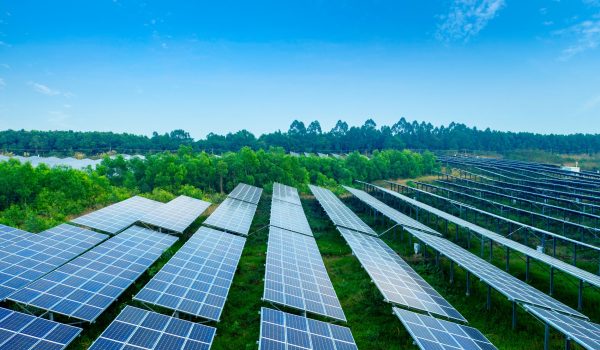EU policy recommendations for increased collection of WEEE
In the context of the WEEE (Waste Electrical and Electronic Equipment) Directive, the European Commission has made policy recommendations to Member States to increase the collection rate. The focus of these recommendations is on used and discarded mobile phones, tablets, laptops and their chargers. The recommendations are intended to support national authorities in ensuring maximum collection rates. In addition, they should also encourage the subsequent reuse, repair, refurbishment and recovery of these small electronic devices.
The collection rate of small electronic devices in the EU remains low. For example, the collection rate of mobile phones is reportedly below 5% and an estimated 700 million unused and waste mobile phones are stored in households across the EU. These devices are rich in precious materials, especially critical raw materials. One smartphone alone contains rare earth metals in the magnet, cobalt in the battery, indium in the screen and tantalum, gallium and precious metals in the circuit board.
The recommendations include:
- Financial incentives for consumers
- Increase the use of postal services for collection
- Setting up partnerships between re-use organizations and collection parties
- Increasing awareness of collection points
- Improving the convenience and visibility of collection points where people can hand in small electronics
Other relevant publications
The role of extended producer pesponsibility (EPR) in the energy transition
Analysis of the implementation of EPR for batteries in electric vehicles, solar panels, and wind turbines
Report collection for reuse at recycling centers
This report analyzes pilot projects in the municipalities of Amersfoort and Zwolle aimed at promoting the reuse of electrical appliances through recycling centers.







